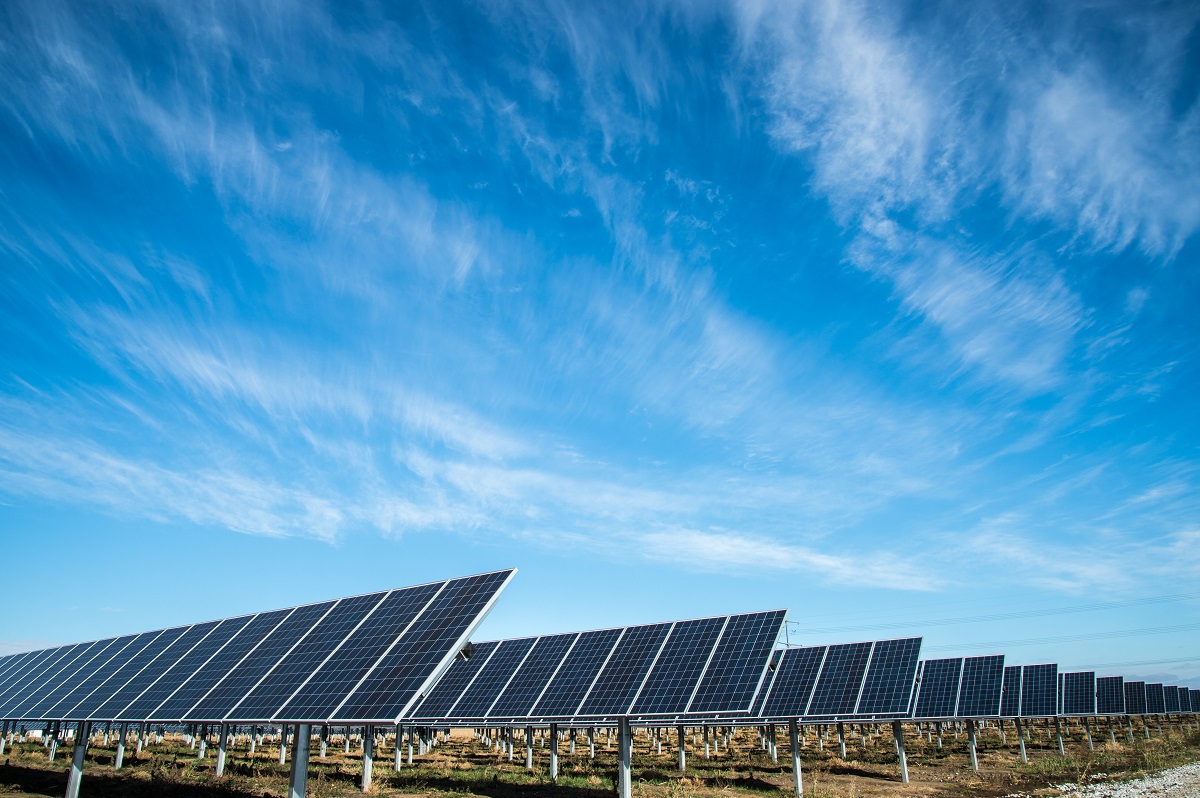The state’s electrical infrastructure remains vulnerable to extreme cold a year after a major winter storm triggered widespread outages in Texas. Recent research, however, shows that switching to 100 percent renewable energy might help avert future disruptions in Texas and elsewhere.
Stanford researchers analyzed grid stability in 2050 in a scenario in which the United States has grown more populated and all fossil fuels have been phased out completely. Renewables combined with batteries generate 100 percent of electricity, automobiles are either all-electric or driven by hydrogen fuel cells, and gas-fueled appliances have been phased out in favor of electric alternatives. According to the calculations, a zero-carbon energy system would result in no outages, even during extreme weather. The study was published in the journal Renewable Energy.
According to the analysis, the Texas system would be more robust with battery storage filling in power supply gaps, wind contributing a higher percentage of the state’s electricity, and electric heaters. Wind tends to be stronger during cold spells, assisting in meeting the increasing demand for electric heating. Wind energy fell during the 2021 cold snap as turbines froze, but this problem may be solved with de-icing technology, according to the authors.
“On those days when it’s cold, you get a lot of wind, which is very excellent news because when it’s cold, you have the heating demand,” Mark Jacobson, professor at Stanford University and the paper’s primary author, told The Washington Post.
According to the report, Texas could improve dependability even more by linking the state’s independent power grid to the Midwest grid.
“The intermittent nature of renewable energy decreases when you look at wider and greater regions,” said Andrew Dessler, an atmospheric scientist at Texas A&M University who was not involved in the study. “If it’s not windy in Texas, it may be in Iowa.” In that situation, they may be overproducing power and exporting part of it to us.”

